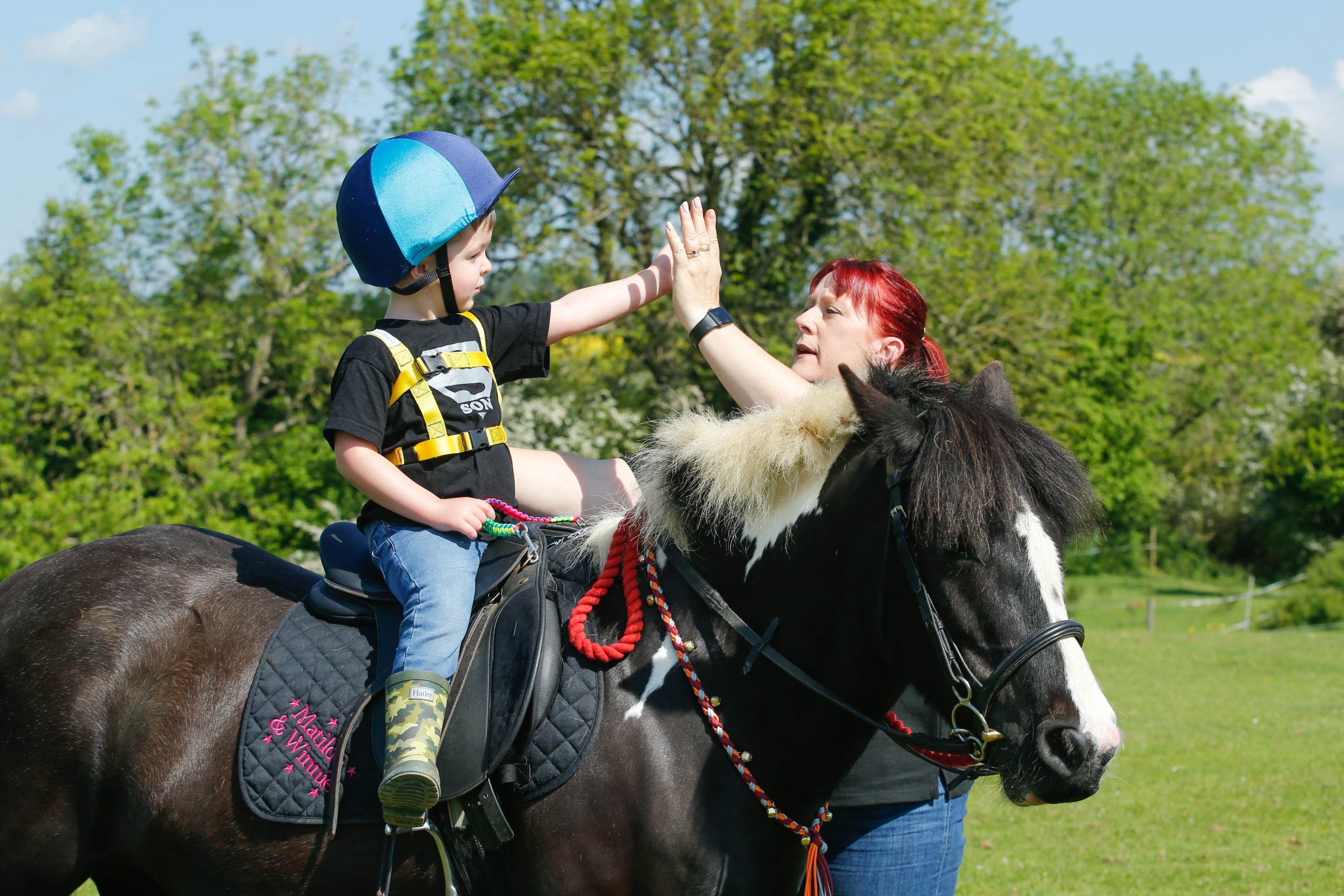It is so well documented that horses are great for our mental health, they listen, they don’t judge and they comfort us in our hour of need. So, it’s no surprise that many children are drawn to horses across the board and a child with autism is no exception.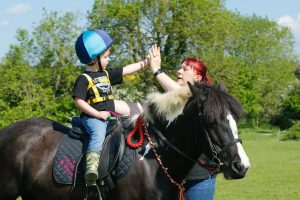
Children with autism may experience issues with sensory processing this means they take in too much sensory information or even too little,
Although it depends on the child’s individual cognitive and social development, some children with autism can have difficulty developing their language skills.
In fact, some children with the disorder may not be able to communicate with words at all, while others will have very limited speech and might struggle with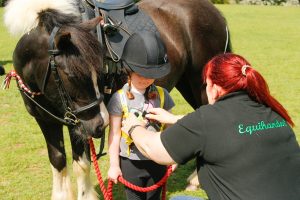 the meaning of words and forming sentence structures. Being unable to express yourself properly must be so frustrating, which can cause behavioural problems and irritability.
the meaning of words and forming sentence structures. Being unable to express yourself properly must be so frustrating, which can cause behavioural problems and irritability.
Children with autism can share symptoms of those with ADHD, with hypersensitivity being one of the most prevalent ones in the diagnosis of autism.
This means that a lot of young people with this disorder find it hard to delay their reactions or give their full attention to a task.
Equine Therapy for autistic children use therapeutic horses to improve sensory processing, communication and social interaction, so incorporating equestrian activities into a treatment place can benefit many children on the autism spectrum.
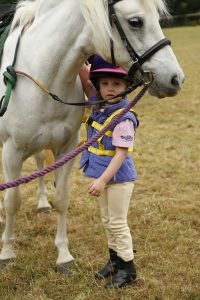 When your child goes horse-riding, their balance and spatial orientation will be tested, as they will have to keep themselves upright while riding. Their senses will be activated by changes in the rhythm, speed and incline that the horse is travelling at, so getting them to do many different tracks will be beneficial. Riding can help the children to focus on the movement of the horse allowing them to process sensory input more effectively
When your child goes horse-riding, their balance and spatial orientation will be tested, as they will have to keep themselves upright while riding. Their senses will be activated by changes in the rhythm, speed and incline that the horse is travelling at, so getting them to do many different tracks will be beneficial. Riding can help the children to focus on the movement of the horse allowing them to process sensory input more effectively
Horse riding gives the children the opportunity to practise their communication and language skills, from talking to the instructors about how they’re grooming and caring for the horse, to giving the animal direct instructions. When your child does the latter and the horse follows, this is likely to give your child a sense of accomplishment and make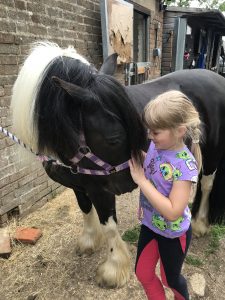 them more enthusiastic about trying to communicate. Not only will this show them the importance and effectiveness of verbal communication, but it’ll give them a blueprint for forming friendships in real life, too.
them more enthusiastic about trying to communicate. Not only will this show them the importance and effectiveness of verbal communication, but it’ll give them a blueprint for forming friendships in real life, too.
Horse-riding will not only help your child to focus on the task at hand but, because it is a physical activity, they’re more likely to want to engage with it. Alongside this, the rhythmic experience of horse-riding can soothe your child and relieve them of their frustration. Also, as horses tend to have calmer temperaments and make slower and steadier movements, they are less likely to move in unpredictable ways that could work your child up.
So Horse-riding could significantly reduce irritability both immediately and in the long-term, it’s clear that there can be some great improvements to be had being around horses.

